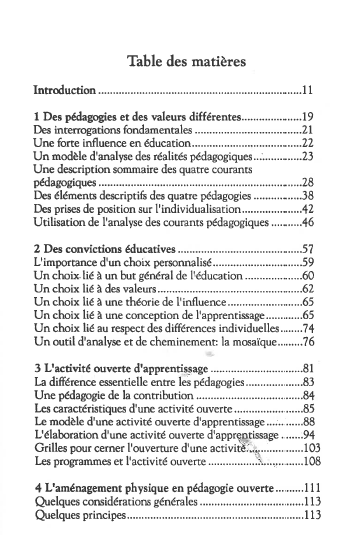Higher ed hacks–the other elephant in the room
Metapizza kindly pointed to the second option that I offered up as a higher ed hack, noting that it was more of a distributed learning system than a truly open system. I think the point is that distributed learning systems can, and perhaps should be open. The models I put out there in my last post are really addressing the accreditation problem by working within existing (and seemingly impenetrable) higher ed structures – they are essentially parasitic models, although I would argue that all parties benefit. So maybe they are actually complementary.
There was obviously an international bent to the second model, which was an attempt to address 2 things that seem to be happening in higher ed (in Canada at least). First, there appears to be an increased emphasis on an internationalization agenda at Canadian higher education institutions (AUCC 2006) resulting in the development of jointly offered programs, partnerships, and study abroad exchanges. However, current university models have not addressed how international participation can occur in these institutions and programs without barriers of entrance requirements, including academic English literacy, tuition fees, and the financial ability to travel and stay at the host institution. Second, there seems to be some recognition that nobody “owns” knowledge (not a new idea, obviously), therefore there should be some effort to engage with ideas outside of one’s own ivory tower. Since both of these issues have already been discussed to some extent in relation to OERs, the model we used at UBC seemed to be feasible option.
I do think there is potentially yet another elephant in the room, one that is continually being contested in academic publishing, internet culture, and life in general–that of the predominance of English as the lingua franca of just about everything these days. This is obviously not going to be a problem if there is a balanced effort to ensure that OERs are available in languages of anybody who needs to access them. But geolinguistic history tells us that this is difficult to achieve, regardless of a national language policies.
I know there has been some discussion about OERs being translated into other languages, building on a practice that is already taking place with opencourseware. This is obviously a valid option, however there are a couple of challenges to this. First, translation is hardly neutral, and this may or may not matter when ideas/knowledge/concepts are being translated. Secondly, translation is resource heavy (just ask any Canadian federal civil servant) and I expect it’s not a feasible option for those working in less resource privileged contexts. I think that if OERs are going to be discussed in relation to benefits to developing countries, this should continue to be acknowledged.
Some facts:
1. There are more EOLs (English as and Other Language) speakers in the world than there are native speakers.
2. While some countries are known for their highly functional in EOL population (eg. India), it must be remembered that the proportion of the population for whom this is the case may be relatively small.
After living for a time in Asia and Mexico, and working at a large Canadian university, I have observed that for international students an education in English from a “Western” university represents considerable cultural capital that students can leverage when they return to their home countries, or in their efforts to stay in the host country when they seek employment. I wish I had something more tangible to reference this statement, but for now it’s simply an observation.
This can be viewed in a couple of ways. First, if the majority of OERs end up being in English it could be seen as a vehicle for acquiring academic literacy in English. On the other hand, OERs in English could be seen as a threat to local languages in the same way that it has played out in the academic publishing world (c.f. Hamel’s thorough analysis–abstract available here, but full article is unfortunately locked down. Plus, lots of related discussions in the entire issue, if you can get your hands on it). Regardless, it is recognized that academic literacy remains a recalcitrant barrier for EOL students and faculty globally (Flowerdew, 2007, also locked down). It will be interesting to see how this can be accounted for in the open models that continue to emerge.



One Comment
Pingback: